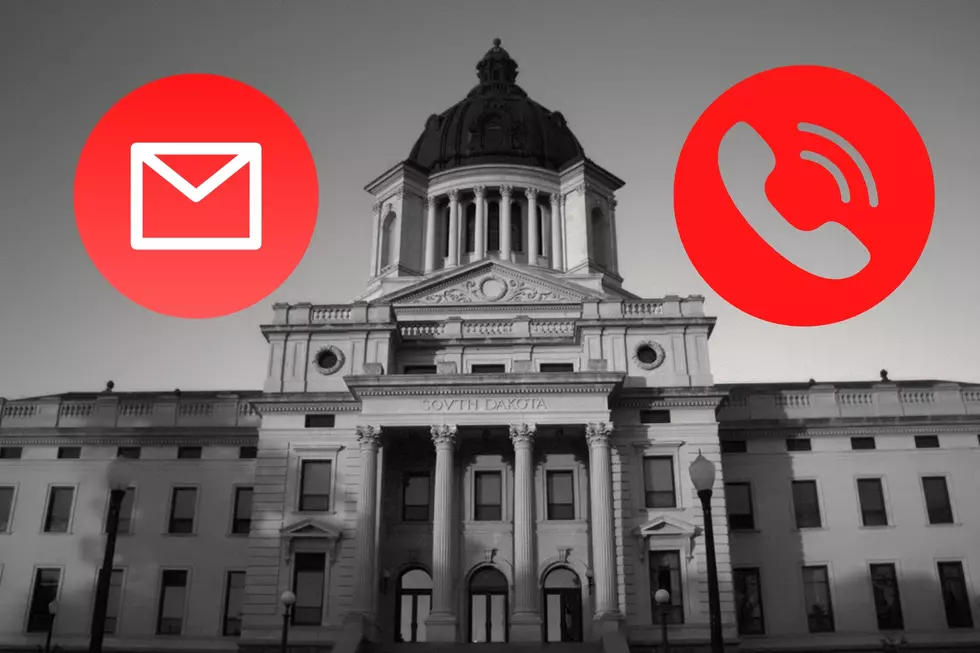
Governor Appointing Legislators Further Weakens State Legislature, Creates a Reichstag
WARNING: This article talks about wonky state government stuff. It does not include cute photos of cats in hats or anything about whether Tallywackers may come to Sioux Falls. Reader discretion is advised.
According to venerable Statehouse reporter Bob Mercer, South Dakota Governor Dennis Daugaard has appointed a goodly number of state legislators. He appointed another one Thursday in District 16 in Union and Lincoln Counties, replacing one country club Republican with another one.
And he’ll be appointing another legislator in the district just north of Sioux Falls.
This is not a shot at Gov.Daugaard. When a legislator resigns, the Governor gets to appoint their replacement. Period. That’s the process he has to work with.
But this process has a rather Reichstag feel to it.
A governor, the head of the executive branch of government, gets to appoint whom he or she wants to the legislative branch. Get enough appointments and you’ve basically captured another branch of government that’s supposed to be a check and balance on you.
The state Legislature in South Dakota already has a built in disadvantage vis-à-vis the executive. The legislature meets for about 40 days a year in the first quarter of the year. And yes, there are some other interim committees and an executive board, but that’s pretty much it. Meanwhile, the Governor and his or her administration runs state government 24/7.
That creates its own imbalance.
Then, add to that the fact that the Governor then can appoint people favorable to his or her point of view, and you make a weak branch of government even weaker.
And yes, I understand that the appointee has to stand for election at the next general election. But incumbency is a huge electoral advantage.
And if I were the Governor, I’d appoint people who see life and politics my way too if I could. It’s human nature.
But it’s not good government.
What’s the solution? One way would be to hold a special election. We did that when U.S. Rep. Bill Janklow resigned in 2004. Yes, I know it costs money to hold elections. But isn’t a strong democracy important too?
And perhaps the person who would have been appointed would win anyway. Or maybe no one would run against them. (That’s a whole different issue with the sad state of the South Dakota Democratic Party.)
But the people—not the Governor—would choose their legislator. Like they are supposed to in a democracy, not a Reichstag.
More From KIKN-FM / Kickin' Country 99.1/100.5









